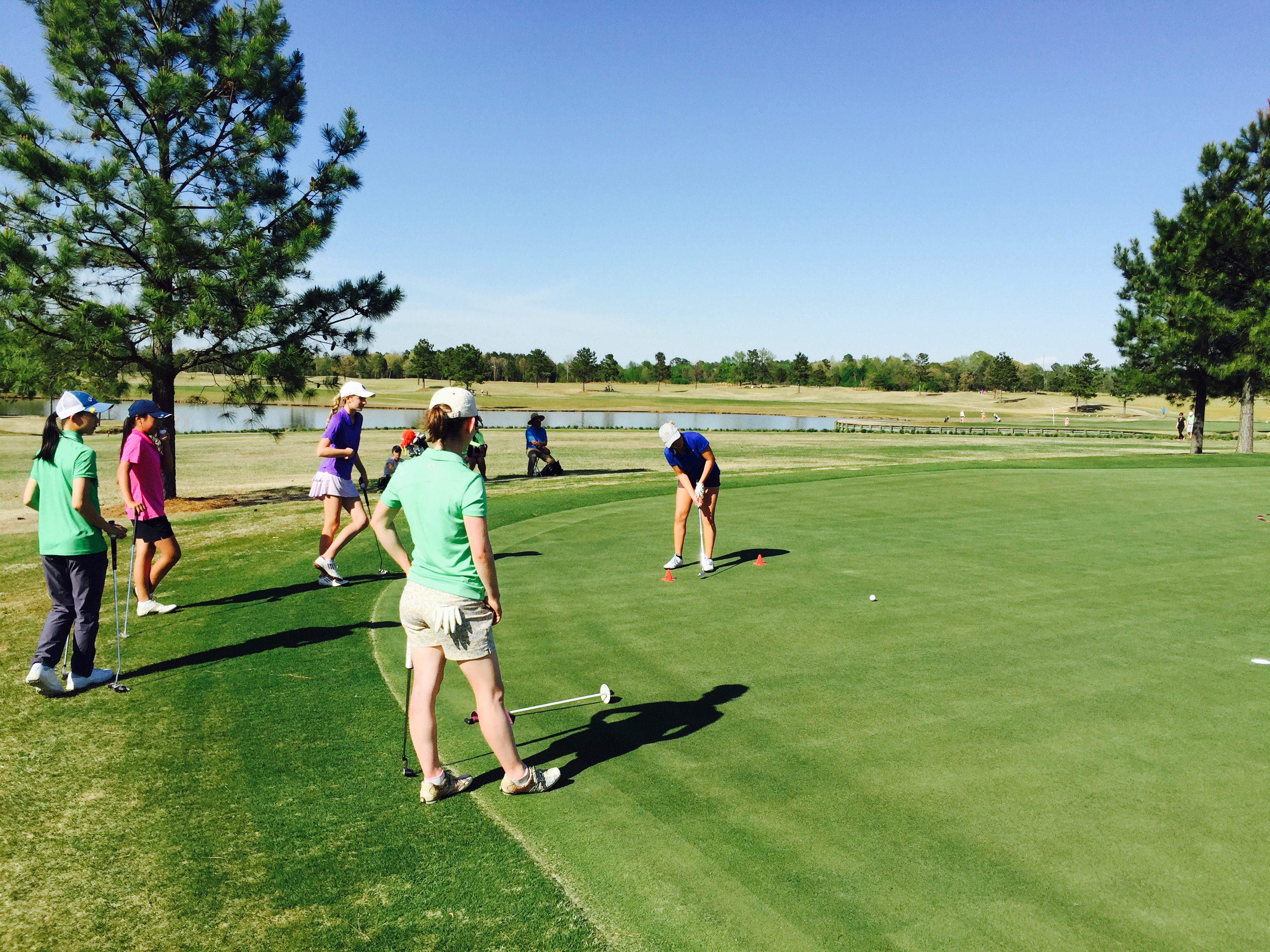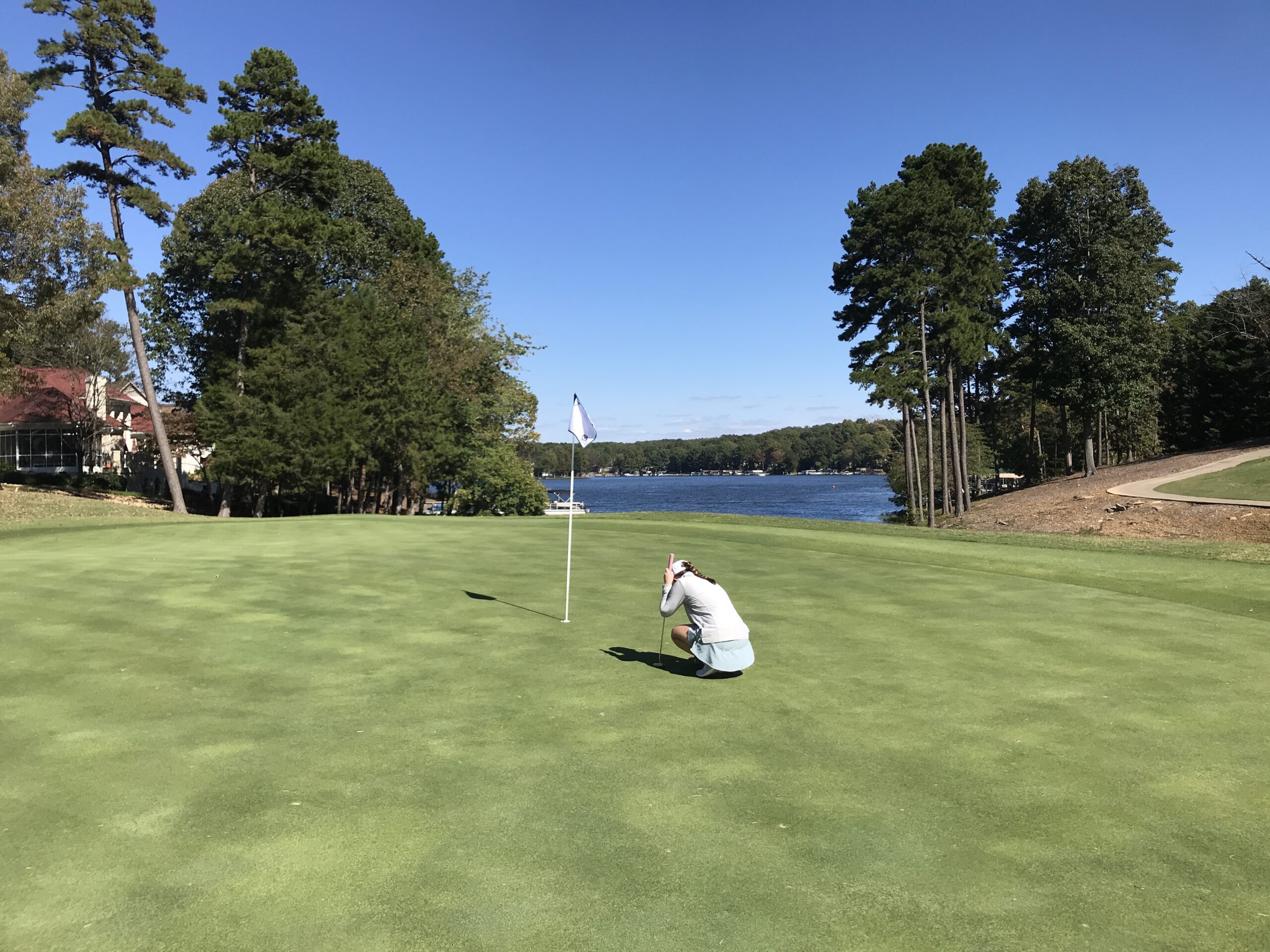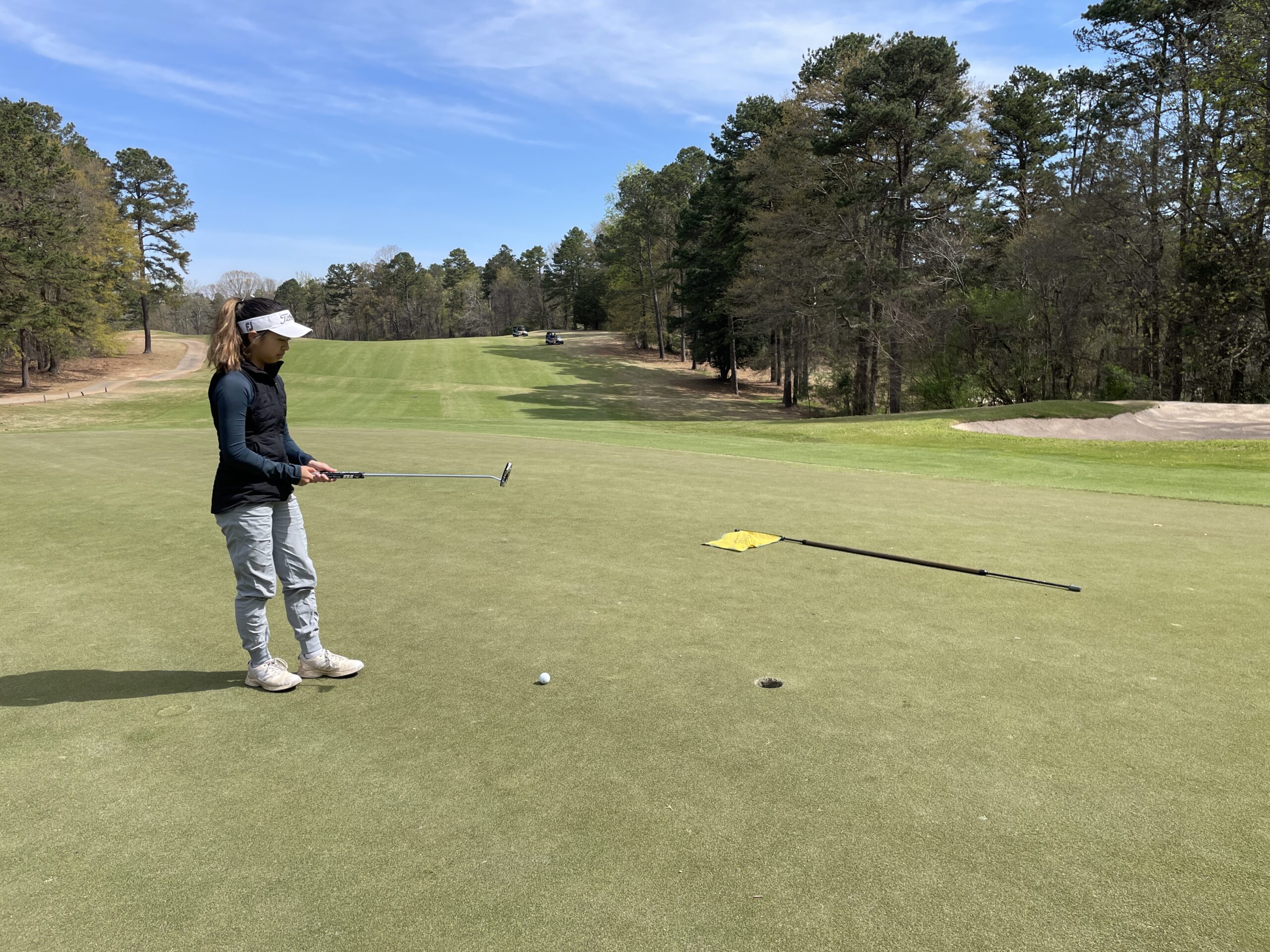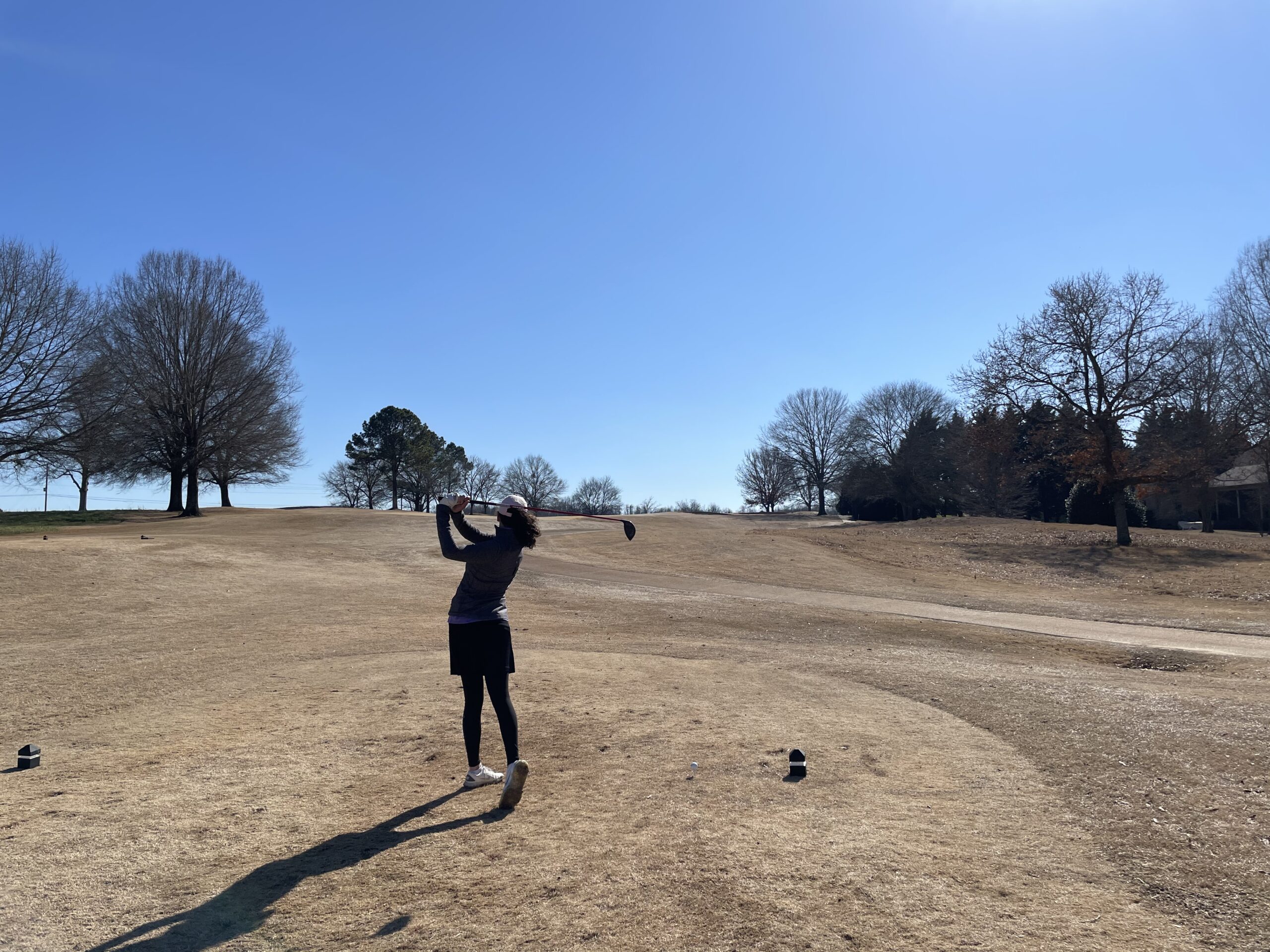The fear of failure is quite possibly the biggest detriment to a golfer’s success, even for junior golfers. While kids tend to have a “no fear” attitude about many things, fear can easily creep into their golf game when the pressure is on. Growing up I was fearless. My sister and her friends would dare me to do something and without fear I would do it. From cutting flips off the monkey bars to jumping out of the hayloft to cutting flips off the high dive, you named it I would probably do it. Please do not try any of these though, I also ended up with 2 broke arms and a broken collarbone from my childhood antics. But the point is I did these without any fear of what might happen. But now as an adult, many times I look at an activity or task and think about the consequences of what might happen if I “fail”. I could get hurt, I could get in trouble, I could lose money, etc. This is the same type of fear that many junior golfers have with their golf games.
The fear of hitting a bad shot, missing a putt or having a bad round has a tendency to take over, especially when there is something important on the line. Your brain is wired to protect you once it senses danger or in this case fear. It will try to keep you in a state that is comfortable, so if you aren’t comfortable with pulling off that clutch shot or winning a tournament, then fear will trigger your brain to set you up for failure. Below are a few ways to learn to overcome this fear and learn to play fearless golf.
- Embrace the fear, don’t resist it. You more you try to fight it, the more your brain will try to find that comfortable state of fear. Accept that you are afraid of what lies ahead but turn your thoughts to succeeding instead of failing.
- Practice the fear. Learn how to put pressure on your practice sessions so that you can create those feelings and practice overcoming them. For instance, if you don’t accomplish a certain goal with a drill then you must start over. That fear of having to start all over if you miss the last shot is very similar to the fear of failing when you are in competition
- Remind yourself that if you fear something it means you are improving and facing something that is new and “uncomfortable”. This is a good thing, not a bad thing. The more you put yourself in that position the more it becomes comfortable and you retrain your brain to not fear anymore.








Leave A Comment